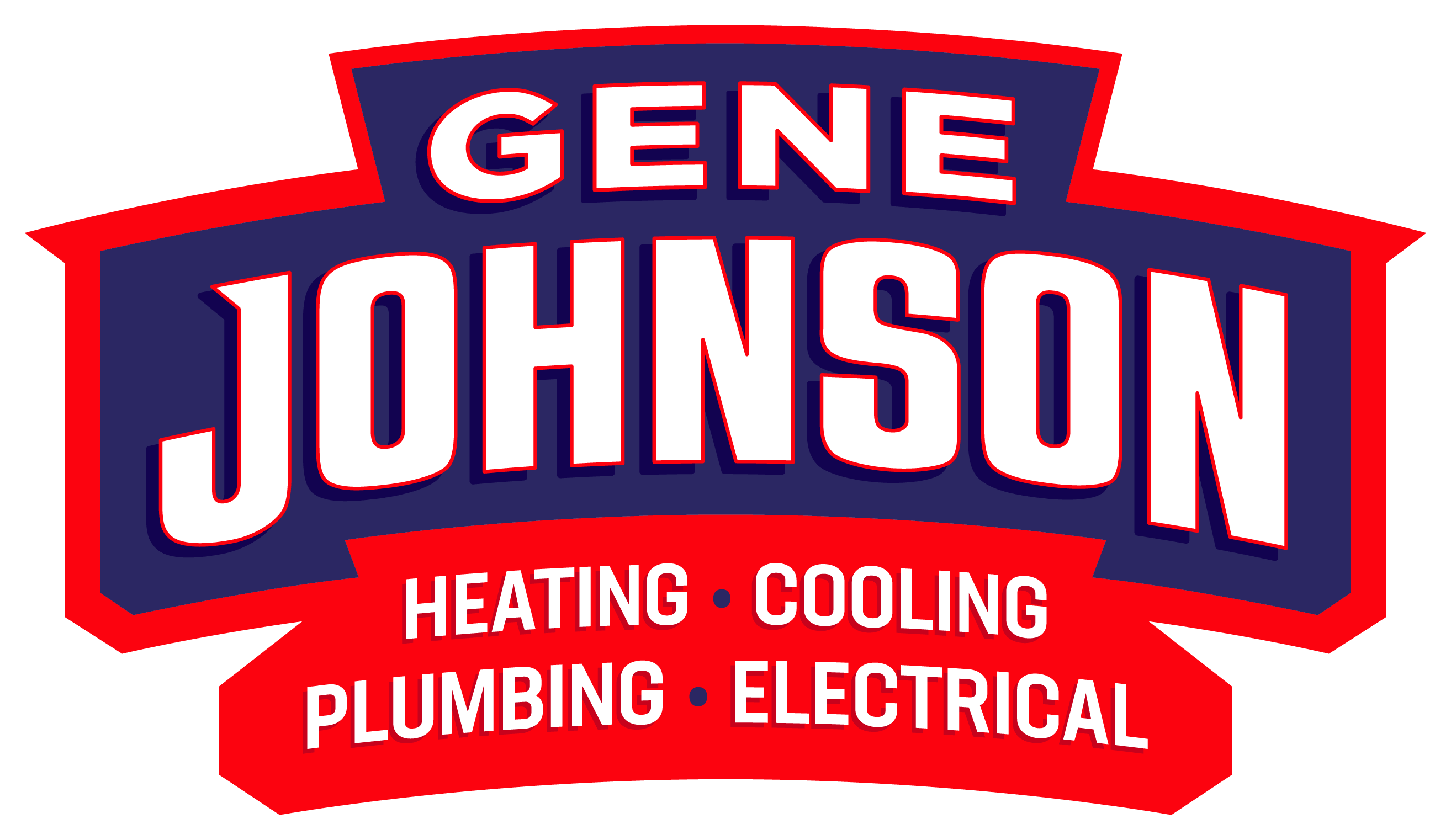There’s nothing worse than hopping out of a nice hot shower, only to notice water dripping down from the ceiling above. Talk about a real buzzkill to your relaxing routine! Your mind instantly starts racing – “Oh no, is there a leak? How much damage has been done already? What could be causing this?”
Before you start envisioning expensive repair nightmares or visions of mold taking over, take a deep breath. While a leaky ceiling after showering is definitely concerning, it doesn’t necessarily mean you’re facing a total home repair disaster. There are actually several different potential culprits that could be behind that unwanted shower ceiling waterfall.
From issues with the shower itself to problems with pipes or even an HVAC system going haywire, there are a variety of possible explanations for that ceiling drip. The good news is, many of the most common causes can be diagnosed and resolved relatively easily if you catch them early enough.
So let’s not panic just yet! Instead, we’ll walk through some of the typical reasons why you might start seeing water leaking through after firing up the shower. With a little troubleshooting, you can hopefully get to the bottom of what’s allowing that ceiling saturation and stop any further damage before it gets out of hand.
While no homeowner wants to deal with the headache of ceiling leaks, a little issue in the bathroom doesn’t always mean you’re staring down a nightmare repair scenario. By understanding what could be behind that dripping ceiling, you can take swift action to get it fixed before any real harm is done. Crisis averted!
Damaged or Worn-Out Shower Sealant
That water-tight seal along the edges of your shower plays a crucial role in keeping moisture contained. But over time, even the highest-quality sealant can start breaking down and allowing water to seep through. If you notice cracking, peeling or gaps forming in that seal, it’s likely springing a leak that’s making its way to your ceiling below.
The fix? For a relatively minor sealant repair, handy homeowners can try carefully removing any old caulk and re-sealing with a fresh waterproof application. But for more extensive sealant damage or older showers, it’s best to call in the professionals. The pros can completely reseal and regrout your shower enclosure for a watertight barrier.
Cracked or Missing Grout in Shower Tiles
Those tiles lining your shower walls aren’t just for looks – the grout between them provides a crucial moisture-blocking layer. When that grout starts cracking, crumbling or coming loose, it can let water seep through to the backing materials and eventually make its way down to your ceiling.
While you can try repairing smaller grout cracks or holes as a DIY project, widespread missing or deteriorated grout requires professional re-grouting. Technicians will ensure every seam gets filled and properly sealed to prevent any future leaks. They also use high-quality grout made to withstand years of shower humidity and heat.
Leaking Shower Pan
That shower pan (or base) underneath your feet is essentially the foundation holding all that water back. If it develops any cracks or the drain gets clogged, water can start overflowing and trickling down into your ceiling below. Older shower pans are particularly prone to leaks as materials break down.
For a leaky shower pan, a professional replacement is usually the only reliable solution. The pros will carefully demolish the existing pan, inspect for any water damage, and install a brand new watertight base and drain setup. They use durable materials made to withstand decades of showering without springing any leaks.
Faulty Shower Faucet or Valve
If you’re noticing water dripping from your shower faucet or handles even when they’re turned off, chances are you’ve got a faulty valve or faucet component allowing water through. That slow leak can eventually travel down to your ceiling over time.
Depending on the specific issue, sometimes a simple faucet cartridge or valve replacement by a professional plumber can solve the leak. For older or more corroded fixtures, a complete shower faucet upgrade may be recommended to ensure you have a tight, leak-free seal.
Improperly Installed Shower Liner
That thin plastic shower liner behind your decorative curtain actually plays a key role in containing water inside the shower area. But if that liner wasn’t properly installed with tight seals and overlapping flaps, water can easily escape and start dripping down.
While attempting to re-hang or adjust an improperly installed liner is possible for some DIYers, many homeowners find it’s just easier to call in a professional. Professional technicians will ensure your new shower liner provides full coverage with watertight seals and overlaps to prevent any future leaks from forming.
Loose or Broken Shower Drain Connection
That drain at the base of your shower isn’t just a simple hole in the ground. It’s actually connected to a complex network of pipes that carries water away from your home. If that drain connection becomes loose or breaks entirely, it can allow water to escape and start trickling down into your ceiling below.
While some handy homeowners can tighten minor drain connection issues, a fully broken or corroded drain setup usually requires professional repair. Plumbers will ensure your shower drain gets properly reconnected and sealed to the waste pipe to prevent any future leaks from forming. They also inspect the surrounding area for any water damage that needs remediation.
Clogged Shower Drain Causing Overflow
When your shower drain gets clogged with hair, soap scum buildup or other debris, that backed-up water has nowhere to go but up and over the sides. Those overflows can eventually find their way through gaps in your shower enclosure and start dripping into the ceiling space.
Trying to remove stubborn drain clogs with chemical products often does more harm than good. Instead, bring in the pros to properly auger out the clog and clear your pipes. Their technicians also provide valuable tips for keeping drains clog-free to avoid any future overflow issues.
Water Supply Line Leak
That water has to get to your shower from somewhere, right? If the supply lines that feed your shower valve or head develop any cracks or loose connections, water can start spraying or dripping out. Those leaks within the wall cavity then travel downward, eventually emerging as a ceiling drip.
Depending on the location and severity, supply line leaks may require opening up the shower wall to access and repair the damaged section of pipe. Plumbers ensure any compromised lines get replaced and all connections are properly secured to prevent future leaks from forming.
Shower Head or Pipe Leak Behind the Wall
Speaking of those shower supply lines, any cracks or pinholes in the actual pipes or shower head connections behind your bathroom wall can cause major leaks. As water constantly flows through, it sprays or drips out of those damaged areas and into the wall cavity, inevitably finding its way to your ceiling below.
Unless you have easy access to the plumbing, these types of enclosed leaks typically require professional repair. Plumbing crews utilize specialized leak detection equipment to pinpoint the exact source, then strategically opens up the shower wall to access and repair or replace any compromised plumbing components.
Cracked or Damaged Shower Floor Tiles
While cracks or holes in your shower’s wall tiles can lead to leaks, damage to those floor tiles poses an even bigger risk. Any separation in the tile, grout, or pan underneath allows water to continuously seep through to the materials below with every shower you take. That saturation eventually finds its way into your ceiling.
Repairing cracked or missing shower floor tiles is typically a job for the pros. Professional technicians completely demolish and remove the old tile and pan setup. They then re-waterproof the area with a new watertight pan and install a fresh tile floor designed to keep moisture contained.
Keeping Seattle Showers Contained for Decades
Here at Gene Johnson, we’ve been helping Seattle homeowners get those leaky shower situations under control for over 48 years.
Whether it’s cracked tiles letting moisture escape, old sealant that’s failed, or corroded pipes causing that drip, our certified plumbers have seen and fixed it all. We don’t just put a temporary band-aid on the issue either. Our techs take the time to thoroughly track down the source of the leak, so we can implement a proper, lasting repair. Because the last thing you want is that little drip turning into a massive headache of water damage and mold down the road.
Our goal is to give homeowners true peace of mind when it comes to their plumbing and protecting their biggest investment – their home itself. So if you notice your shower is letting water loose, don’t let it go. Give us a call at (206) 792-7495 and let Gene Johnson get that leak contained once and for all.





